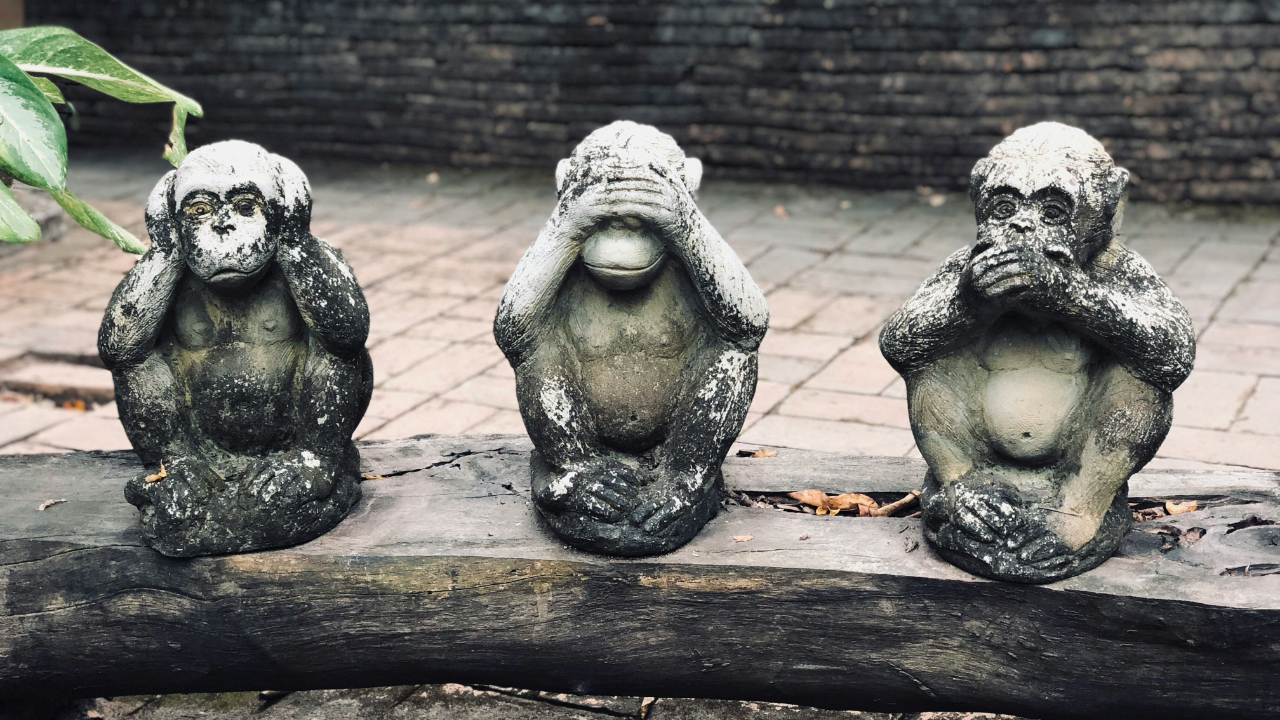The quiet fault line AI has opened in leadership teams
Dec 09, 2025
Leadership teams rarely fail because of technology. They fail because people avoid the uncomfortable conversations about technology.
I see it every week. A room full of senior leaders, all capable, all experienced, all successful. Then someone mentions AI and the dynamic shifts. Some become overconfident because they have skimmed a few articles. Others go silent because they do not want to reveal uncertainty. A few overcomplicate everything because complexity feels safer than clarity.
The fault line is not AI. It is behaviour.
In the past year I have watched boards make decisions on AI that would never pass their usual standards of scrutiny. They would never approve a financial model they did not understand yet they approve AI initiatives built on hope and a glossy presentation. They do it because they do not feel equipped to judge the value or the risk.
This is why leadership capability matters more than technical capability. AI is a governance challenge, a risk challenge, a cost challenge, a people challenge. It touches every part of the business, and that means leaders cannot sit on the sidelines.
What the strongest teams do is simple. They learn together. They build a shared language. They close the confidence gaps. They get just enough understanding to lead rather than follow.
Once that happens, everything accelerates. Decisions improve. Tension reduces. Behaviour shifts from protective to collaborative.
AI has not created the leadership gap. It has merely illuminated it. The organisations that act now will be the ones that stay ahead.
